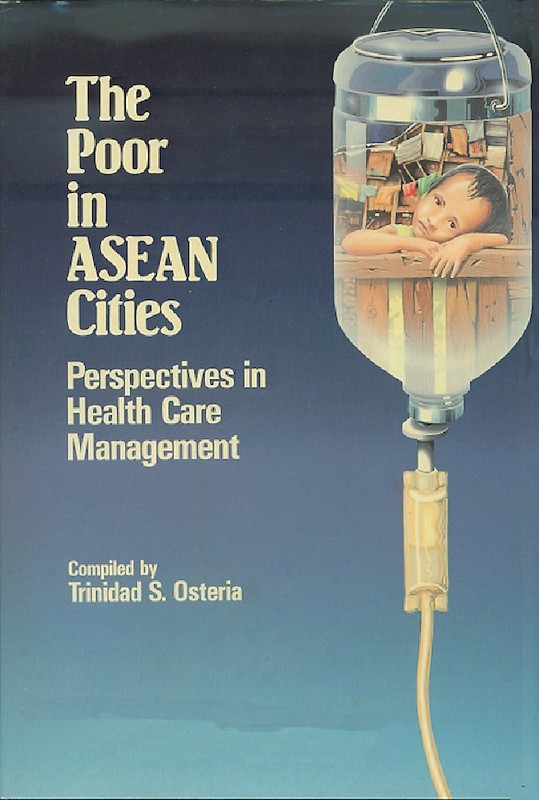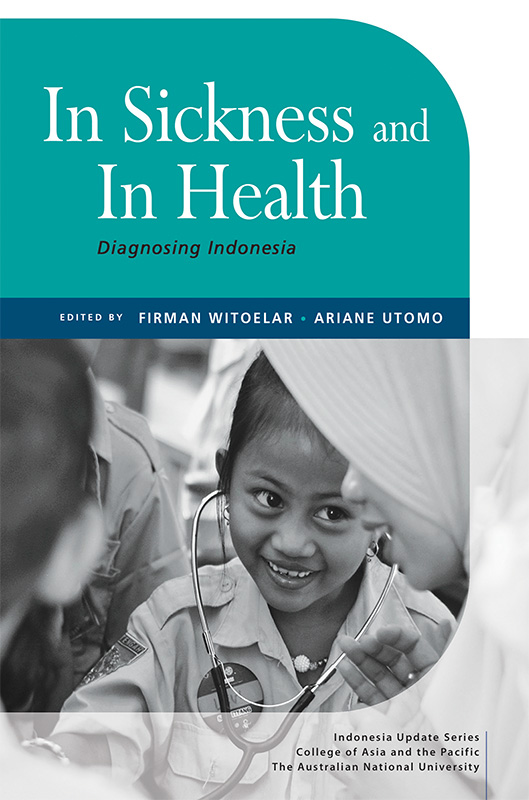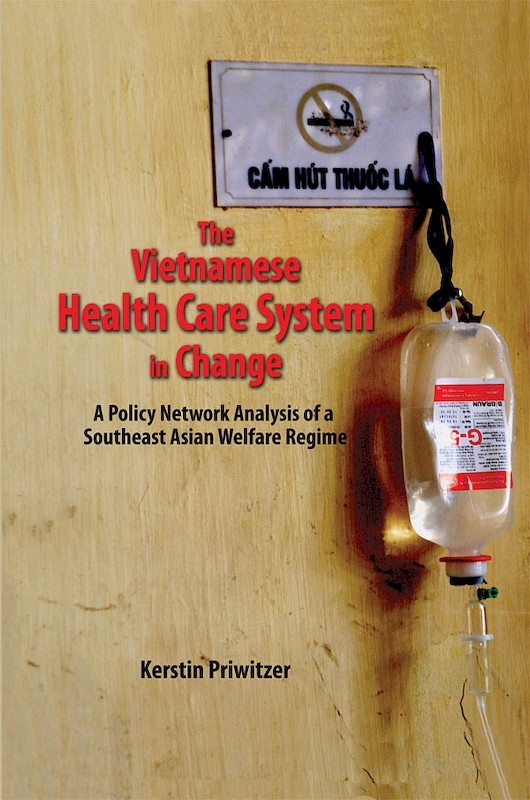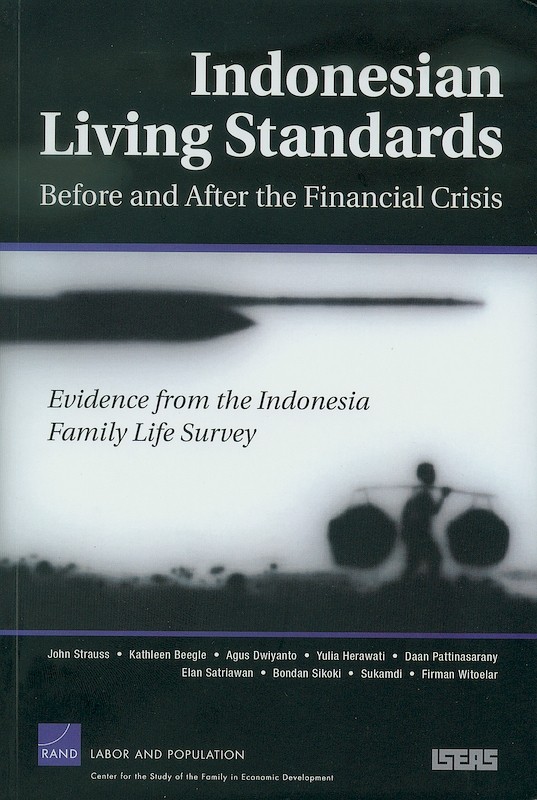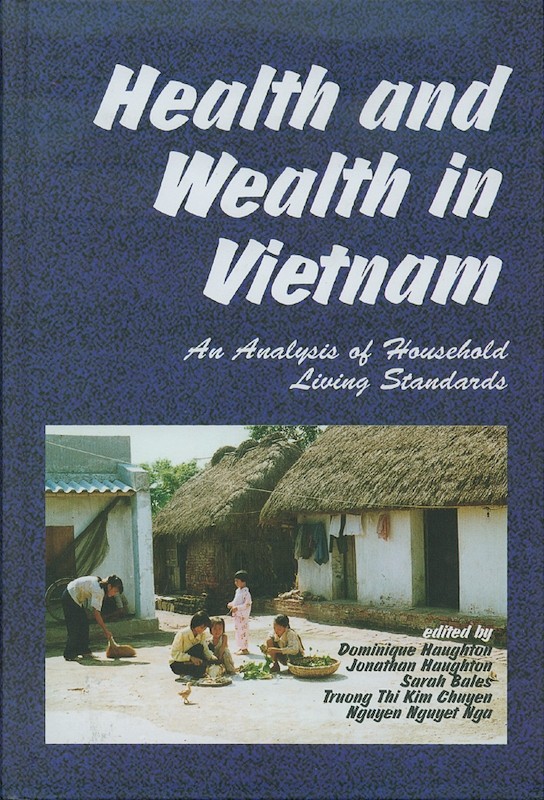Improving Health Sector Performance: Institutions, Motivations and Incentives - The Cambodia Dialogue
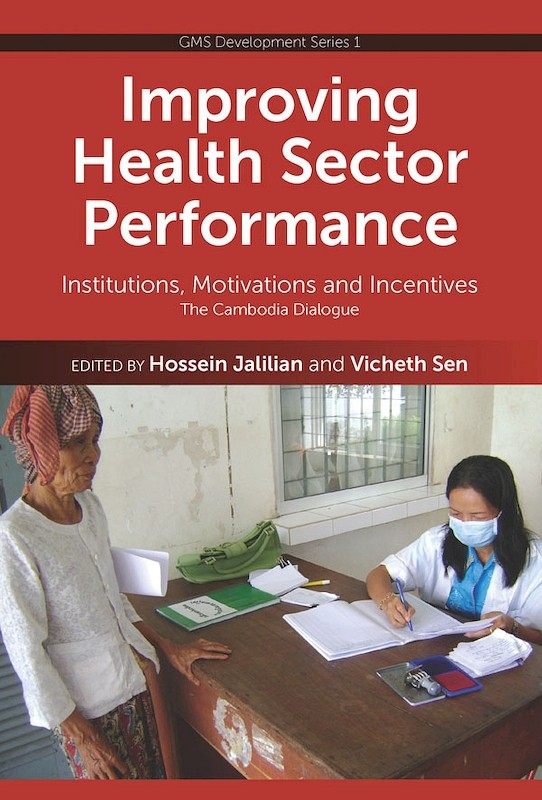
Date of publication:
2011
Publisher:
Institute of Southeast Asian Studies
Number of pages:
430
Code:
IU28
About the publication
There is growing international evidence that the effectiveness of health services stems primarily from the extent to which the incentives facing providers and consumers are aligned with "better health" objectives. Efficiency in health service provision requires that providers and consumers have incentives to use health care resources in ways that generate the maximum health gains. Equity in at least one sense requires that consumers requiring the same care are treated equally, irrespective of their ability to pay. Efficiency in the use of health services requires that consumers are knowledgeable about the services on offer and which are most appropriate to their needs. Although these principles are enshrined in the design of every health system in the world, they have proven extremely difficult to apply in practice. Health care providers have financial obligations to their families as well as professional obligations to their patients. Health service consumers generally lack information about both their health and health services so that they under-consume or over-consume health care. The papers in this volume are selected from an international conference organized by the CDRI, Cambodia that tried to deal with some of these issues. With participation of international and local experts, it aimed at collecting major experiences and innovative solutions from inside and outside the country to improve health sector performance, with particular focus on institutions, motivations, and incentives.
Contents
-
Improving Health Sector Performance: Institutions, Motivations and Incentives - The Cambodia Dialogue
[Whole Publication, ISBN: 9789814311854] -
Preliminary pages
- PART I: OVERVIEW
-
1. What Incentives Are Effective in Improving Deployment of Health Workers in Primary Health Care in Asia and the Pacific?, by Vivian Honan, Lee Ridoutt, Emily Brink, Bruce Hollingsworth, authors
-
2. Reforming Provider Behaviour through Incentives: Challenges and Reflections from the U.K. Experience, by Alan Maynard, author
- PART II: ORGANIZATIONAL ARRANGEMENTS: PURCHASING HEALTH SERVICES
-
3. The Transition to Semi-Autonomous Management of District Health Services in Cambodia: Assessing Purchasing Arrangements, Transaction Costs and Operational Efficiencies of Special Operating Agencies, by Khim Keovathanak, Peter Leslie Annear, authors
-
4. Vouchers as Demand-side Financing Instruments for Health Care: A Review of the Bangladesh Maternal Voucher Scheme and Implications for Incentives for Human Resource Management, by Jean-Olivier Schmidt, Atia Hossain, authors
-
5. Social Health Insurance in Cambodia: An Analysis of the Health Care Delivery Mechanism, by Sopheap Ly, author
-
6. Purchasing Health Services in New Zealand, by Toni Ashton, Maria C G Bautista, authors
- PART III: OPTIMAL HEALTH WORKERS CONTRACTS
-
7. A Civil Service That Performs: Primary Health Care in Curitiba, Brazil, by Geoffrey Shepherd, author
-
8. Increasing Uptake of Reproductive Health Services Using Innovative Financing Models: Experiences of Marie Stopes International, by Che Katz, Thoai D Ngo, authors
-
9. Understanding Rural Health Service in Cambodia: Results of a Discrete Choice Experiment, by Bundeth Seng, Neath Net, Nonglak Pagaiya, Sethea Sok, authors
-
10. Contracting Health Workers to Underserved Areas: Indonesian Approaches to a Distributional Challenge, by Hjalte Sederlof, Rooswanti Soeharno, authors
- PART IV: MANAGING DOCTORS AND NURSES
-
11. How Managers Manage in Cambodia's Public Health Sector, by Neath Net, Roger Hay, Klaus J Broesamle, authors
-
12. The Impact of Management Training and Education on the Performance of Health Care Providers: What Do We Know?, by Orvill Adams, Leanne Idzerda, authors
-
13. Incentive Systems in Public Health Care Organizations in Italy, by Alberto Asquer, author
- PART V: HEALTH SERVICE CONSUMER BEHAVIOUR
-
14. Factors Influencing Health-Seeking Behaviour in Siem Reap: A Qualitative Analysis, by Sarah C Smith, author
-
15. Villagers' Evaluation of a Community-based Health Insurance Scheme in Thmar Pouk, Cambodia, by Sachiko Ozawa, Damian Walker, authors
- APPENDIX
-
Appendix: Health Equity Funds Implemented by URC and Supported by USAID, by Tapley Jordanwood, Maurits van Pelt, Christophe Grundmann, authors
-
Index

